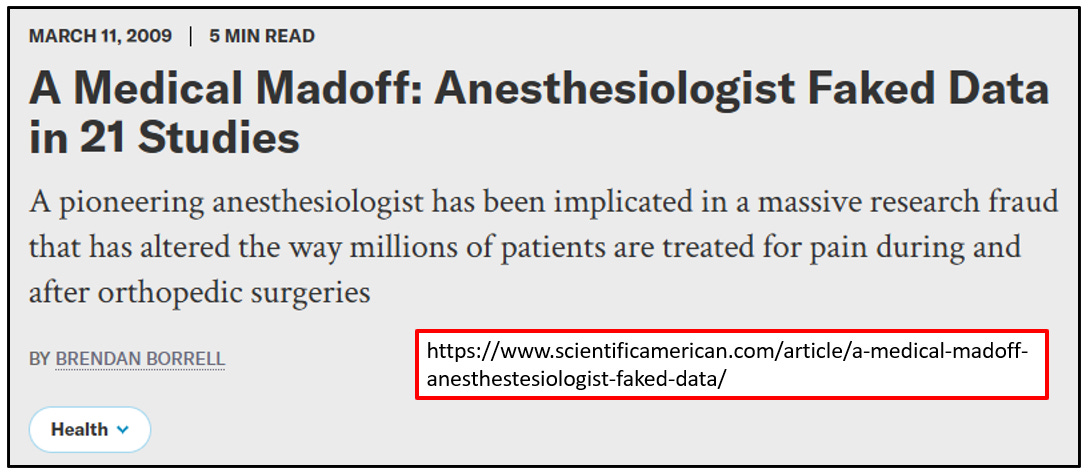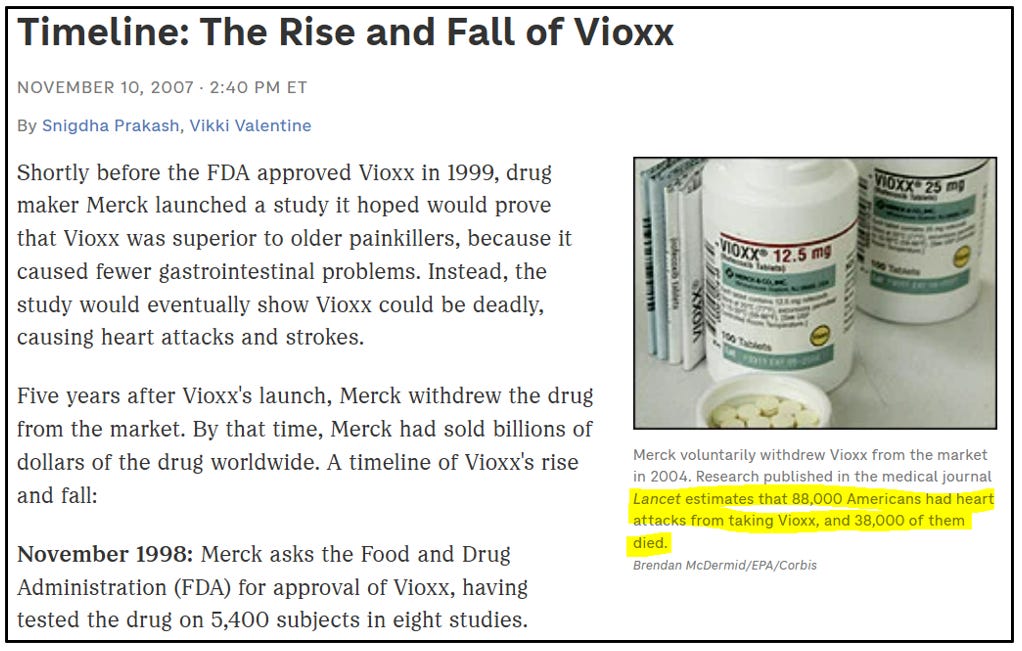“Health research is based on trust. Health professionals and journal editors reading the results of a clinical trial assume that the trial happened and that the results were honestly reported. But about 20% of the time, said Ben Mol, professor of obstetrics and gynaecology at Monash Health, they would be wrong.”
“We have long known that peer review is ineffective at detecting fraud, especially if the reviewers start, as most have until now, by assuming that the research is honestly reported.”
“I remember being part of a panel in the 1990s investigating one of Britain’s most outrageous cases of fraud, when the statistical reviewer of the study told us that he had found multiple problems with the study and only hoped that it was better done than it was reported.”
“We asked if had ever considered that the study might be fraudulent, and he told us that he hadn’t.”
“We have now reached a point where those doing systematic reviews must start by assuming that a study is fraudulent until they can have some evidence to the contrary.”
“Research fraud is often viewed as a problem of “bad apples,” but Barbara K Redman, who spoke at the webinar insists that it is not a problem of bad apples but bad barrels if not, she said, of rotten forests or orchards.”
https://www.scientificamerican.com/article/a-medical-madoff-anesthestesiologist-faked-data/
“Over the past 12 years, anesthesiologist Scott Reuben revolutionized the way physicians provide pain relief to patients undergoing orthopedic surgery for everything from torn ligaments to worn-out hips.
Now, the profession is in shambles after an investigation revealed that at least 21 of Reuben's papers were pure fiction, and that the pain drugs he touted in them may have slowed postoperative healing.
"We are talking about millions of patients worldwide, where postoperative pain management has been affected by the research findings of Dr. Reuben," says Steven Shafer, editor in chief of the journal Anesthesia & Analgesia, which published 10 of Reuben's fraudulent papers.
Paul White, another editor at the journal, estimates that Reuben's studies led to the sale of billions of dollars worth of the potentially dangerous drugs known as COX2 inhibitors, Pfizer's Celebrex (celecoxib) and Merck's Vioxx (rofecoxib), for applications whose therapeutic benefits are now in question. Reuben was a member of Pfizer's speaker's bureau and received five independent research grants from the company. The editors do not believe patients were significantly harmed by the short-term use of these COX2 inhibitors for pain management but they say it's possible the therapy may have prolonged recovery periods.”












This weeks Highwire- Alzheimer researcher appears to have faked studies. @20 minutes https://thehighwire.com/ark-videos/ripple-effect/